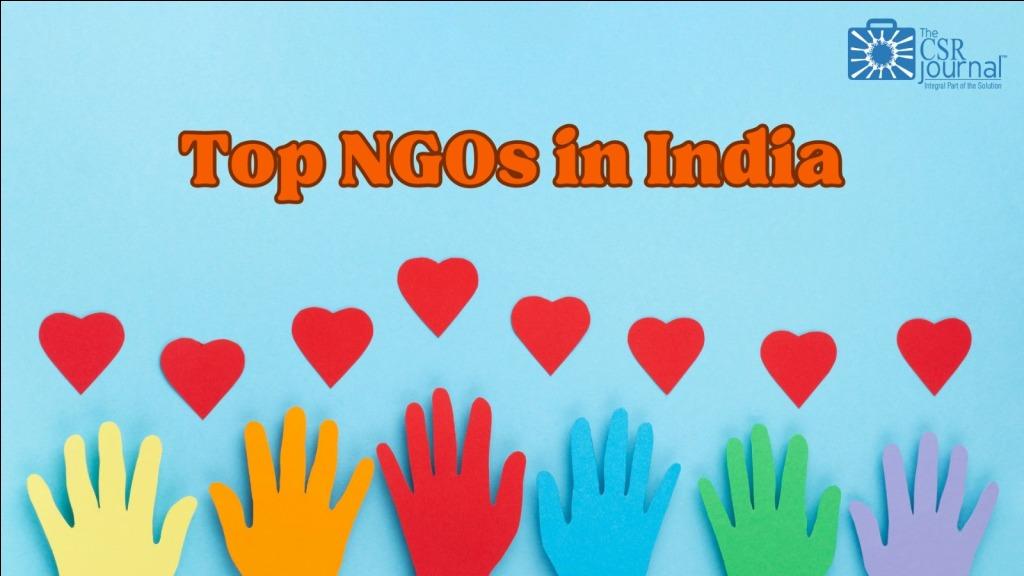Year 2024 has just ended and we welcome 2025 with open arms. However, for some people, the new year does not ring a bell of happiness and joy as much as it does for the rest of us. They continue to suffer, they continue to starve, they continue to shiver in rain and cold and they continue to wait for justice. It is here where NGOs play an irreplaceable role, in bringing about social change and making the world a better place not just for the marginalised underprivileged individuals and communities but also for animals, who have to go through extreme cruelty, negligence and indifference. Again it is NGOs which are working to make the world more sustainable and save the planet.
In India, there are NGOs working for quality education, healthcare, nutrition, animal welfare, environmental conservation, for the marginalised sections of the society and in remote and backward areas, sometimes in collaboration with the government, sometimes with corporates through CSR funds or through independent donations.
While multiple NGOs are tirelessly working for the betterment of our society across various sectors, it is difficult to rank them and tell which one is better than others. Here is a look into The CSR Journal’s top 10 NGOs for 2024.
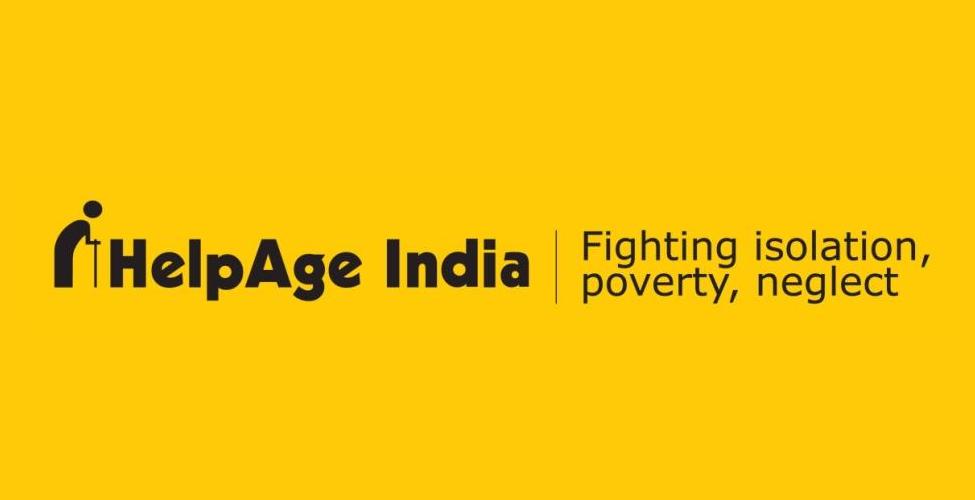
1. HelpAge India
HelpAge India was established in New Delhi in 1978. This organisation mostly focuses on elderly care and assists them in raising their standard of living. The goal of HelpAge India is to stop elder abuse, give pensions to seniors, and manage their health care.
They perform all responsibilities that they can to help the elderly who are in need and work to give them a respectable and healthy life that makes them happier and enables them to live happily ever after without feeling guilty or unsatisfied. Elders who feel rejected by their families and the community they have been a part of for years might benefit greatly from the words and deeds of HelpAge India.
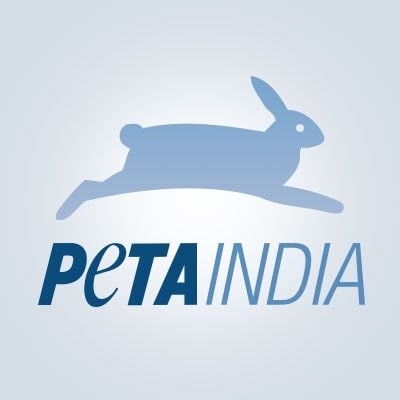
2. PETA India
PETA India’s motto mentions “animals are not ours to abuse in any way”. The not for profit organisation opposes speciesism, a human-supremacist worldview and is working with an aim to end animal cruelty not just in India but across the globe.
Headquartered in Mumbai, PETA India was launched in January 2000. It operates under the principle that animals are not ours to experiment on, eat, wear, use for entertainment, or abuse in any other way, while also educating policymakers and the public about animal abuse and promoting an understanding of the right of all animals to be treated with respect. PETA India focuses primarily on the areas in which the greatest numbers of animals suffer the most: in laboratories, in the food industry, in the leather trade, and in the entertainment business.
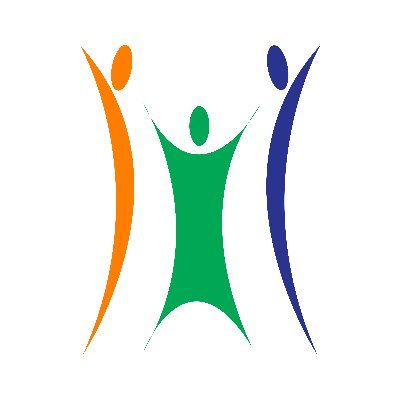
3. Save Indian Family Foundation
Save Indian Family Foundation (SIFF) is a men’s rights group in India. It is a registered, non-funded, non-profit, NGO that works in collaboration with organisations working for a similar cause. SIFF was founded in 2007 by social workers Anil Kumar and Pandurang Katti.
The advocacy group is working to raise awareness mainly against misuse of Indian laws related to dowry harassment. It is an umbrella organization of a number of men’s and family rights organizations spanned across Indian cities and states. SIFF has supported founding of other likeminded organizations such as the All India Mother in Laws Protection Forum and All India Men’s Welfare Association.
SIFF is networked with Helpline telephone numbers for distressed husbands and their family members in Bangalore, Chennai, Cochin, Delhi, Gujarat, Mumbai, Hyderabad, Pune, Nagpur, Nasik, Surat, Jaipur, and Kolkata.
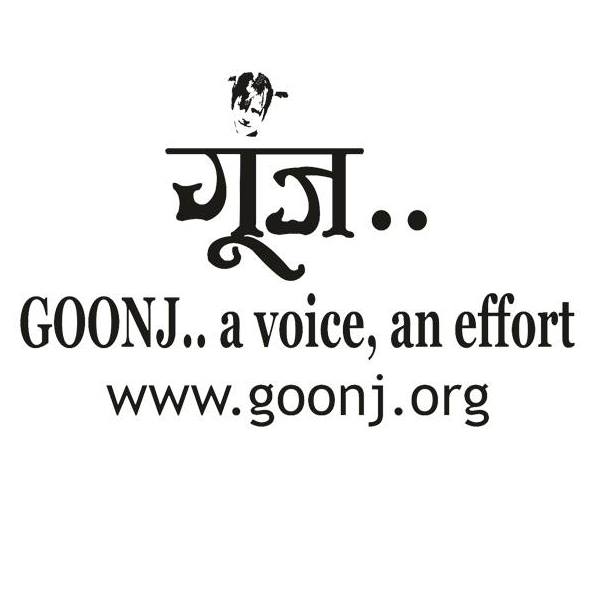
4. Goonj
This multi-award-winning NGO, with its headquarters in Delhi, gives the impoverished dignity by utilising local resources and conventional wisdom. Anshu Gupta, the company’s founder, is a Magsaysay Award winner and one of Forbes’ most significant rural entrepreneurs. Goonj has been established for more than 20 years and, under his direction, has inspired widespread civic engagement in matters like rural infrastructure, water scarcity, education, and disaster assistance.
The fact that everyone is treated equally as a stakeholder is the secret to its success. Several long-running initiatives are run by Goonj, including the rural development programme Dignity for Work (formerly Cloth for Work), the disaster relief and recovery effort Rahat, the educational programme School to School, and the menstrual hygiene initiative Not Just A Piece Of Cloth.

5. LEPRA India
LEPRA India, founded in 1989 in Hyderabad, is an independent not-for-profit NGO. LEPRA was established in Hyderabad in 1989, as a partner of Lepra UK, to serve the needs of people affected by leprosy. It focuses on supporting National Leprosy Eradication Programme (NLEP) in Hyderabad in the prevention and control of diseases such as Leprosy, Lymphatic Filariasis and other neglected diseases. Apart from the above, LEPRA also works with TB, HIV/AIDS, eye-care, malaria and disabilities arising from other diseases.
The NGO focuses on delivering quality healthcare to marginalized communities, including slum dwellers and migrants affected by the abovementioned diseases. LEPRA India treats individuals for leprosy, provides protective footwear to affected people, and assists individuals with disabilities in Andhra Pradesh, Odisha, Chhattisgarh, Madhya Pradesh, Uttar Pradesh, Bihar, Jharkhand, Rajasthan and Delhi.
LEPRA India registered as LEPRA Society, works in close coordination with the Government of India, Ministry of Health, and Family Welfare, at the Central, State and district levels. It is a member of the State leprosy and TB societies of the Government of Andhra Pradesh and Odisha.
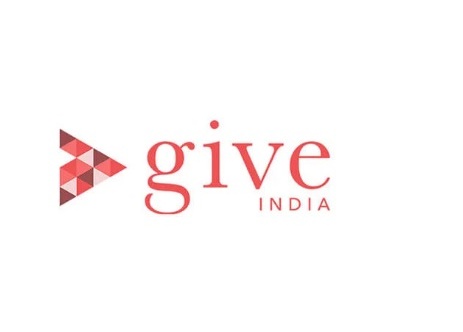
6. Give India
GiveIndia is a donation platform through which individuals and corporates can support any cause of their choice from about 200 NGOs across India, whose transparency & credibility have been checked. Registered as Give Foundation, a not-for-profit company under the Companies Act, 2013, Give India is the brainchild of Venkat Krishnan, an IIM-A graduate, who established it in December 1999.
The platform is managed by a team of professionals from a corporate background who have now dedicated their careers towards bringing about a change. Give India was registered on April 28, 2000, as a non-profit under section 25 of the Companies Act, 1956, in Ahmedabad, Gujarat.
Give India connects over 200 non-profit organizations from all over India that have met with their listing criteria. These non profits work for causes such as child welfare, education, disability, poverty, and women empowerment among others. The platform’s official website discloses to the donor exactly where their money went and also shares proof of the same through a feedback report (except in the case of donations through an iGive page). The platform claims that at least 90% of a contribution made through the, reaches the organization the donor wishes to support, as against the average of 60% for the NGO sector.
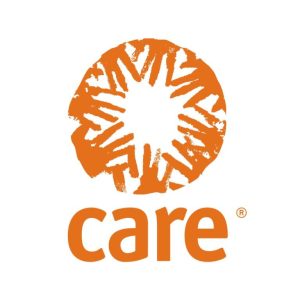
7. Care India
This New Delhi-based NGO is working with the goal of empowering women and girls from poor and marginalised communities since the last 74 years. Founded soon after independence in 1950, this non-profit aims to alleviate poverty and ensure social justice. The aim is to ensure gender equality through the realisation of full rights and entitlements, hence the focus on women and girls. The NGO works towards achieving this objective through well-planned and comprehensive health, education, livelihood, disaster relief, and response projects. Care India’s programmes have reached over 31.5 million people in 14 states, across more than 90 districts.
Care India is a member of the CARE International Confederation working in 100 countries for a world where all people live in dignity and security.

8. Pratham
Founded by Madhav Chavan and Farida Lambay in Mumbai in 1995, Pratham is a non-profit organisation which is working with the aim of enhancing the quality of education in India. This innovative learning organization is ensuring education to children in the slums of Mumbai. Pratham’s programs reach children and youth across the country.
This NGO focuses on low-cost and replicable interventions to address the existing gaps in the education system. Being one of the largest non-governmental organisations of India, this platform is working directly with children and youth as well as through large-scale collaborations with government systems. Pratham’s Teaching at the Right Level (TaRL) approach has gained popularity due to its impact on children’s learning outcomes and is now being adapted to contexts outside India.
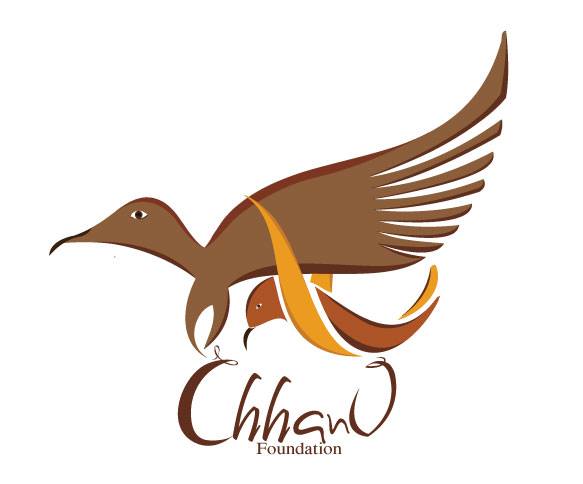
9. Chhanv Foundation
Founded in 2013 by social activist Alok Dixit and Ashish Shukla, Chhanv Foundation is a non-profit organisation working to rehabilitate acid attack survivors in India. The organization is founded by a group of young people mostly from journalism background who are also prominent figures in social activism and advocacy in India.
Headquartered in Noida Sector 46, Chhanv Foundation raised the unheard voices of acid attack survivors through its campaign Stop Acid Attacks in 2013. The NGO provides medical assistance, legal assistance, education and employment opportunities to acid attack victims. Cafe Sheroes Hangouts located in Agra and Lucknow are an example of the foundation’s efforts to rehabilitate acid victims.
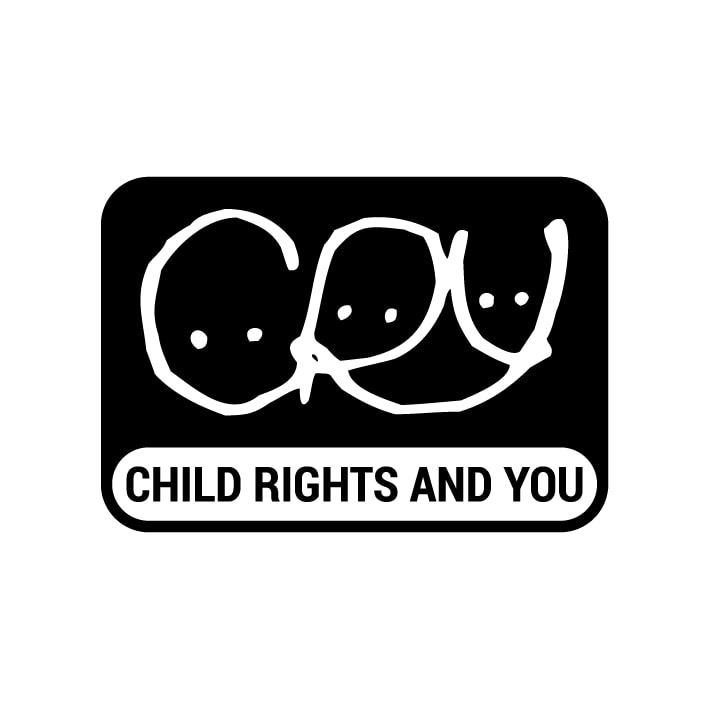
10. CRY
Child Rights and You (CRY), which enjoys popularity as the most reliable NGO in India, works hard to give India’s underprivileged children better and healthier childhoods. CRY was founded Rippan Kapur – an Indian Airlines purser in 1979 with 6 friends and a budget of Rs. 50. More than four decades later, CRY works with 144 project partners across 20 states in India and has impacted the lives of over 4.7 million children.
The NGO works in collaboration with parents, teachers, Anganwadi workers, communities, district and state-level governments, and children. CRY addresses the vital needs of children in the areas of healthcare, nutrition, education, and protection from child labour and child marriage. Over 3 million children in 19 Indian states have benefited from CRY’s work over the past 45 years.
11. Akshaya Patra Foundation
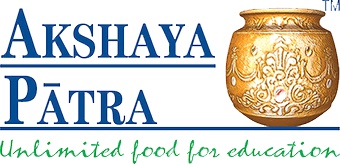
The Akshaya Patra Foundation is an independent charitable trust registered under the Indian Trusts Act 1882. The organisation works to implementing the Government of India’s PM POSHAN Initiative to solve at scale the overarching societal issues of classroom hunger and malnutrition in the country.
Akshaya Patra Foundation believes that investing in child nutrition and education is one of the most effective entry points for human development. It provides children with a hot, nutritious and flavourful mid-day meal every school day as an incentive to come to school.
Since the year 2000, the organisation has endeavoured to reach out to children with wholesome mid-day meals by leveraging technology and effectively harnessing the potential of the Public-Private Partnership (PPP) model. By establishing an extensive network of kitchens and partnering with the Government of India, state governments, UT administrations, corporate houses and philanthropists, the foundation has created a system to address a social cause on a massive scale.
Currently, Akshaya Patra Foundation serves over 2.25 million children studying in 23,581 government schools and Anganwadi centres across 77 locations in 16 states and 2 union territories of India.
12. Teach for India

Teach For India (TFI) is a leading non-profit organisation founded by Shaheen Mistri in order to combat educational inequality in India. As a part of the global Teach For All network, TFI recruits talented graduates and professionals for a two-year Fellowship program, where they work as full-time teachers in under-resourced schools across the country. The program operates in nine cities: Ahmedabad, Bengaluru, Chennai, Delhi, Gurgaon, Hyderabad, Kolkata, Mumbai, and Pune.
Teach for India’s mission is to guarantee that every child in India has access to a high-quality education. TFI lays emphases not only on the immediate effects within the classroom but also the cultivation of future leaders dedicated to enacting systemic changes in the education sector.
As of 2024, the organisation has trained over 3,400 alumni and currently has 900 active Fellows teaching 33,000 children directly.
13. Smile Foundation
Smile Foundation is dedicated to improving the lives of underprivileged children and their families in India. The foundation operates across 25 states in the country, impacting over 1.5 million people annually through more than 400 projects focused on education, healthcare, livelihood, and women empowerment.
Smile has become a sustainable social institution in India over the past 20 years. It focuses on making society and businesses more inclusive while bringing about positive change. The organisation has created a unique resource model that puts businesses at the centre and promoted the concept of civic-driven change. Some of their programs are Smile on Wheels, Mission Education and Smile Twin e-learning.
14. Habitat for Humanity
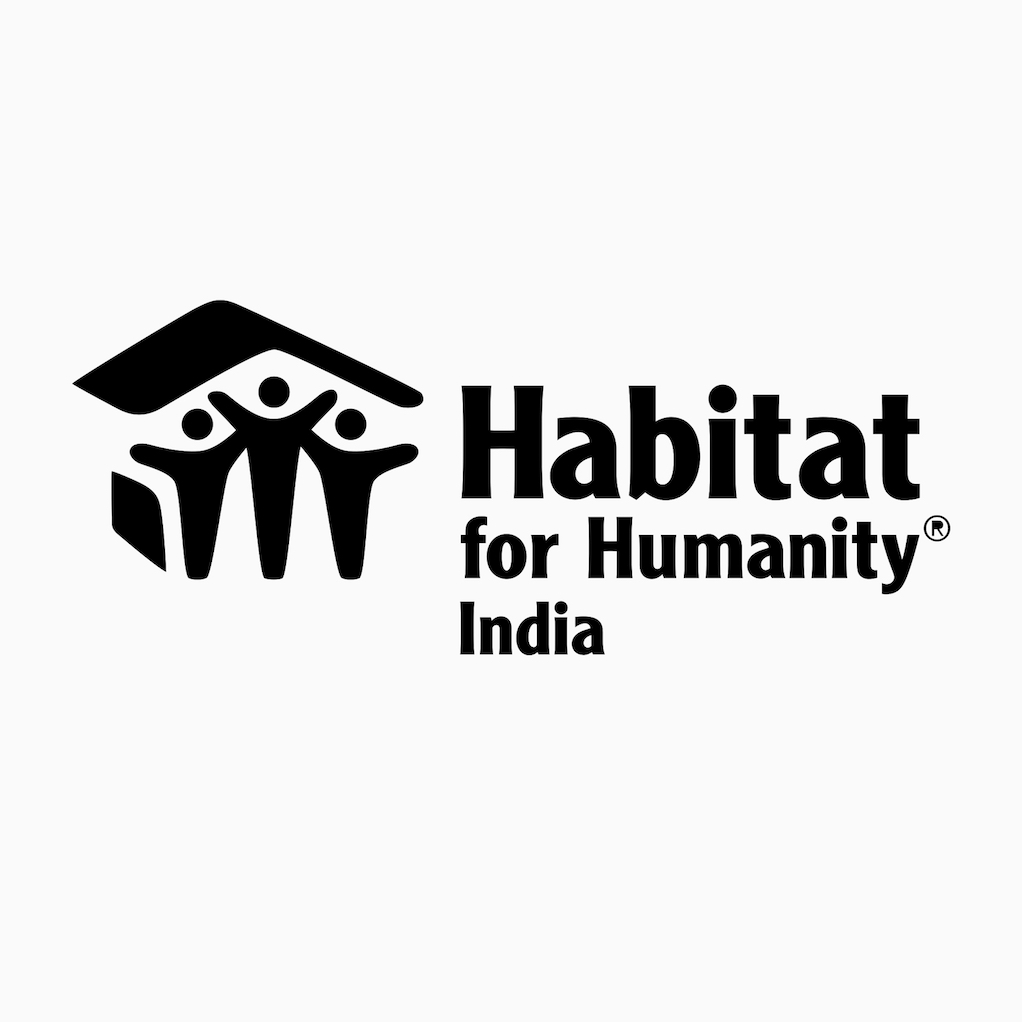
Driven by the vision that everyone needs a decent place to live, Habitat for Humanity began in 1976 as a grassroots effort. The housing organisation has since grown to become a leading global nonprofit working in more than 70 countries.
In India since 1983, Habitat for Humanity has supported more than 38 million people by helping them build or improve a place they can call home, build improved sanitation units and provide humanitarian aid and disaster resilient shelter solutions in the aftermath of natural disasters. Through financial support, volunteering or adding a voice to support affordable housing, everyone can help families achieve the strength, stability and self-reliance they need to build better lives for themselves.
15. Bal Raksha Bharat
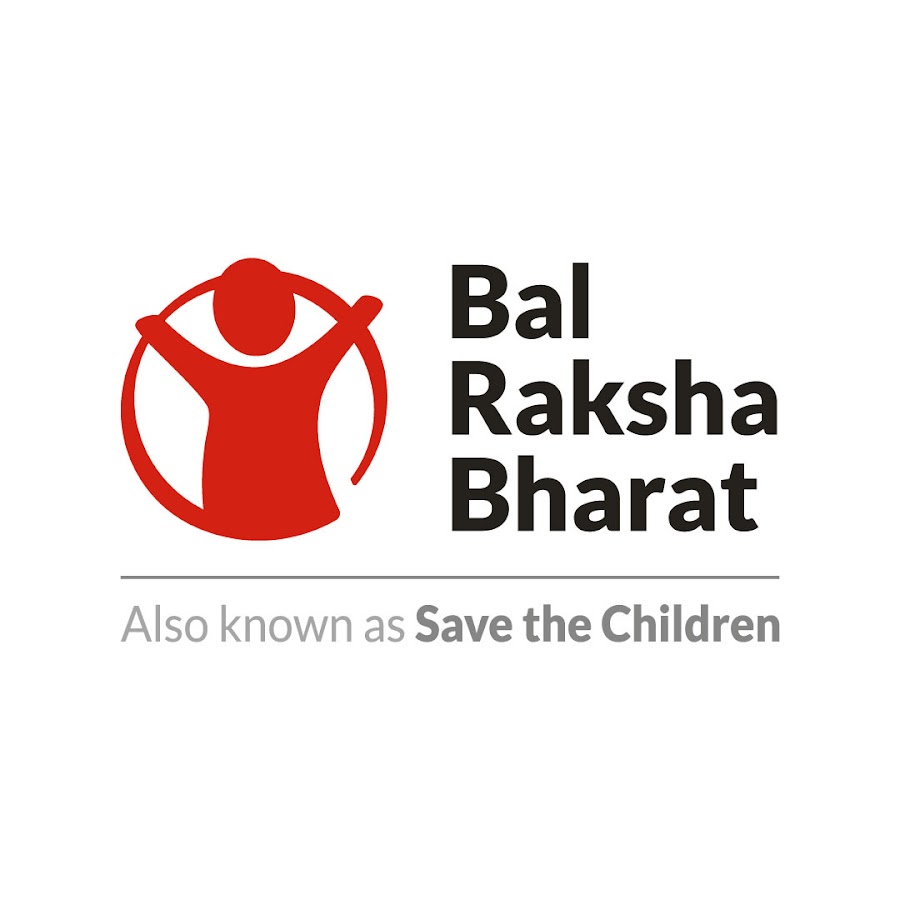
Bal Raksha Bharat, also known as Save the Children India, is dedicated to improving the lives of marginalised children across India. Established in 2008, it has since reached over 10 million children through its various initiatives focused on education, healthcare, child protection, and humanitarian response.
Operating in 19 states and 3 Union Territories, Bal Raksha Bharat aims to ensure that every child not only survives but thrives in a safe and nurturing environment. The organisation’s commitment to child rights is reflected in its holistic approach, which encompasses immediate relief efforts during crises as well as long-term development programs that empower children and their families.
During the 2022-2023 period, the organisation assisted over 3.3 lakh children through its education programs and provided healthcare support to 3.4 lakh children. Their initiatives include the “Mission Education” program, which focuses on providing educational opportunities for underprivileged children, and “Health Cannot Wait,” aimed at improving health outcomes in underserved communities.
16. Nanhi kali
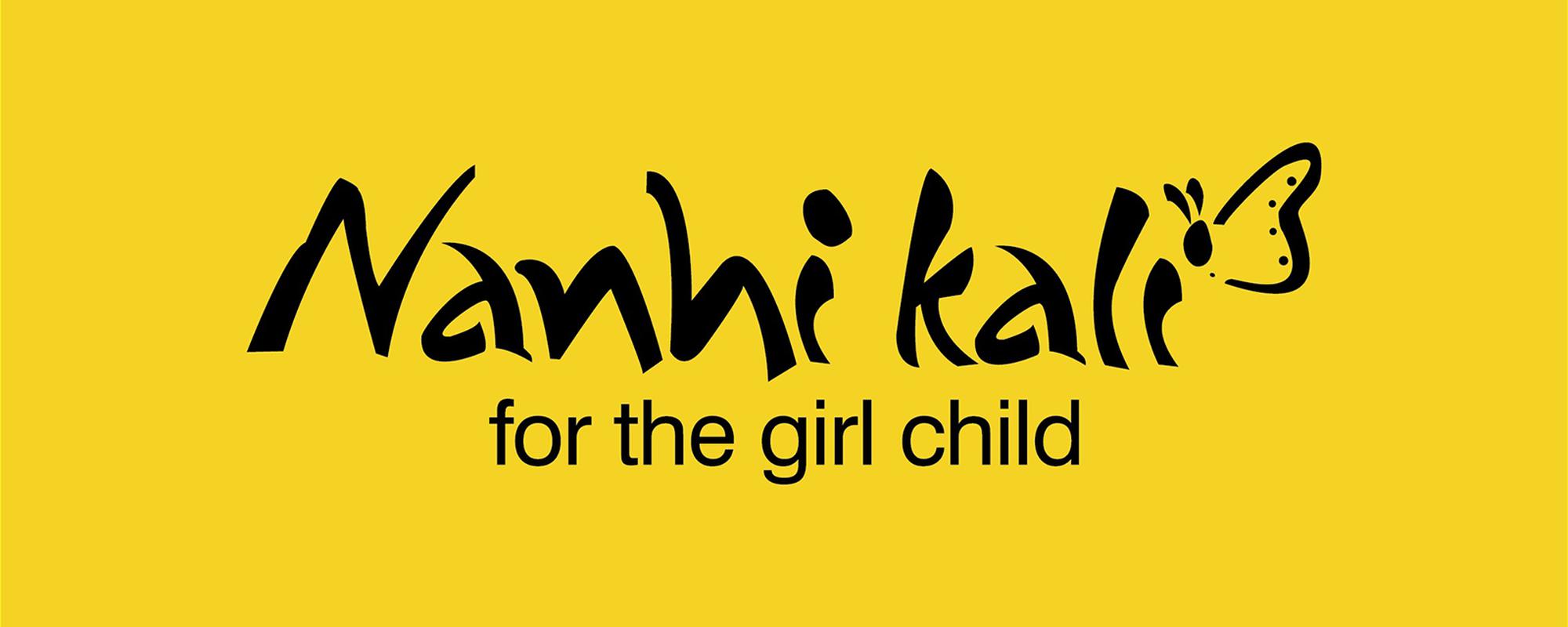
In 1996, Anand Mahindra, Chairman of Mahindra Group began Project Nanhi Kali (which means ‘a little bud’) at the K.C. Mahindra Education Trust, with the objective of educating underprivileged girls in India. The project was incepted against the backdrop of spiralling population growth rate, low female literacy level and low female workforce participation. In addition, social issues such as child marriage and child labour were common place in many parts of India, especially rural areas.
With the twin objective of positively impacting India’s development by educating girls and encouraging Indians to contribute to a worthy cause, Project Nanhi Kali was designed as a sponsorship program, wherein individuals and corporates could participate by sponsoring girls’ education for a minimum period of a year.
Over the years, Project Nanhi Kali has reached out to nearly 700,000 underprivileged girls across 15 states in India. From far-flung areas such as the hamlets of Krishnagiri in Tamil Nadu to the rural outskirts of Banaras, from the tribal hills of Araku in Andhra Pradesh to the crowded slums of Mumbai, Delhi and Kolkata, to the more remote but cooler locations of Darjeeling, Project Nanhi Kali is ensuring that girls complete formal schooling till Grade 10.
17. Sadhana Village

Sadhana Village has been working since 1994 in the villages of Pune district – with communities who have been suffering from perennial vulnerabilities in terms of land holding, incomes, children’s education and employment.
The organisation serves a community of over 3,300 rural families, many of whom struggle with limited resources and face economic hardships that lead to migration to urban areas. To combat these issues, Sadhana Village has implemented several interventions, including water conservation and lift irrigation schemes, programs to empower women socially and politically, and a child sponsorship program that supports children’s health, education, and other essential needs. The residential care center, a key component of their work, provides support for 32 adults with special needs.
18. Bhumi

Bhumi was founded on August 15, 2006 by a group of friends, who believed that every underprivileged child deserves quality education. Since then, Bhumi has transformed this conviction into a volunteering opportunity for India’s youth, launching a snowball effect of nurturing talent on the path to an educated, poverty-free India.
Bhumi NGO has operations across 12 cities in India. It engages over 30,000 volunteers annually with a mission to drive social change by fostering an environment where young adults and children can learn, lead, and thrive, with a vision of building a more influential, equal, and socially conscious society.
Bhumi focuses on two core areas: education and civic projects. Through its flagship “Ignite” program, Bhumi provides supplementary education to underprivileged children, benefiting over 25,000 children as of 2020. This program encompasses various initiatives such as Kanini (computer literacy), Speak Out (English and soft skills), Lakshya (mentorship), and Little Einsteins (mathematics). Additionally, Bhumi’s “Catalyse” program engages volunteers in civic projects aligned with the UN’s Sustainable Development Goals, addressing issues like animal welfare, community development, disability support, environmental conservation, and health.
19. Light of Life Trust
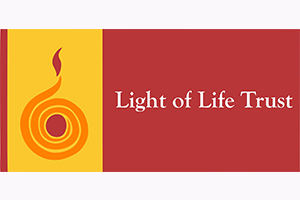
Light of Life Trust (LOLT) is a non-governmental organisation established in 2002 with a vision to transform the lives of underprivileged rural communities in India. The organisation focuses on breaking the generational cycle of poverty through a holistic approach encompassing education, skill development, healthcare, and community empowerment. Since its inception, LOLT has impacted over 548,039 lives across 1,498 villages, operating 75 centers in various states including Maharashtra, Gujarat, Madhya Pradesh, and Rajasthan.
The organisation’s flagship initiative, Project Anando, aims to support underprivileged rural children in completing their secondary education while providing holistic development opportunities. The project follows a three-pronged approach: educate, empower, and equip for employability. Starting with just 25 children in Karjat, Project Anando has grown to support over 9,744 beneficiaries across 86 centres in 8 districts as of 2021.
20. Population Services International (PSI)


